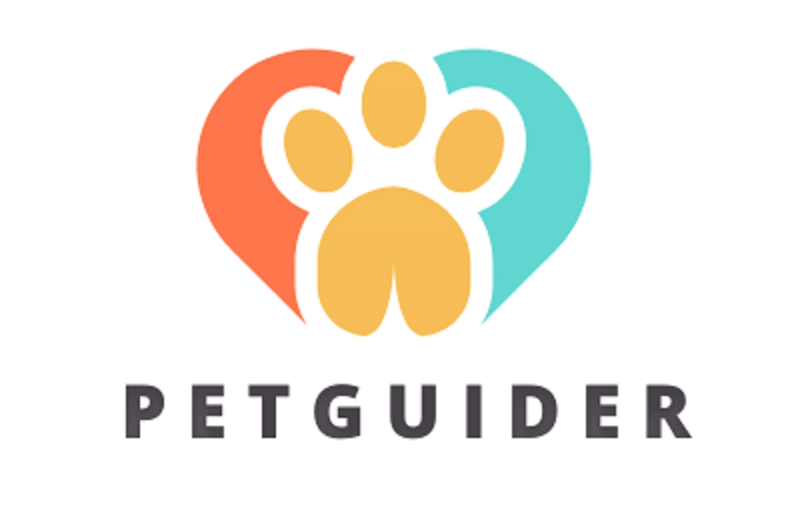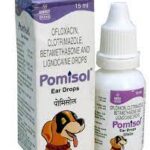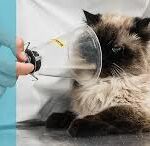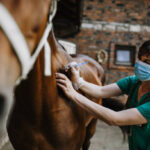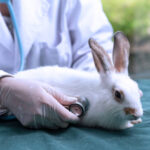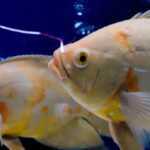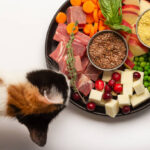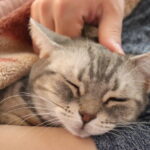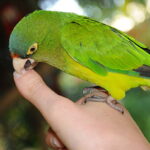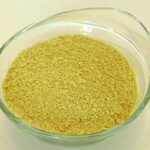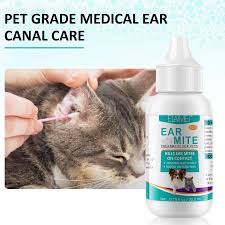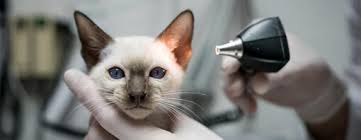With their discerning palates and unique dietary needs, cats are often considered obligate carnivores, meaning their diet primarily consists of animal-based proteins. However, as pet owners, it’s essential to understand the nuances of feline nutrition to ensure our feline companions receive a balanced and healthy diet. This comprehensive guide’ll explore what cats can eat, from their natural dietary preferences to safe and nutritious options for optimal feline health and well-being.
Table of Contents
1. Understanding Feline Dietary Needs:

Cats have specific nutritional requirements for their growth, development, and overall health. Unlike omnivores, such as dogs or humans, cats have evolved as obligate carnivores, relying on meat as their primary source of nutrients. Key components of a cat’s diet include high-quality protein, essential amino acids like taurine, fatty acids, vitamins, and minerals. Understanding these dietary needs is crucial for selecting appropriate foods for your feline companion.
2. Safe and Healthy Foods for Cats:
While cats thrive on a diet rich in animal-based proteins, certain human foods can complement their nutritional requirements and provide variety. Some safe and healthy options for cats include the following:
- Cooked lean meats:
- Chicken, turkey, or beef are excellent sources of protein for cats. Ensure the meat is cooked thoroughly and free from bones or seasoning.
- Cooked Fish:
- Salmon or tuna can be offered in moderation, but ensure it’s cooked thoroughly and free from bones, as raw fish can contain parasites that are harmful to
- Eggs: Cooked, scrambled, or boiled eggs are rich in protein and essential amino acids. They can be served as an occasional treat or dietary supplement.
- Certain fruits and vegetables:
- Cooked carrots, peas, or pumpkins can provide additional nutrients and fiber for a cat’s diet. However, birds are obligate carnivores, so fruits and vegetables should only be offered as occasional treats or supplements and not replace meat-based meals.
3. Foods to Avoid:

While many human foods are safe for cats in moderation, some can be harmful or even toxic to their health. It’s essential to be aware of foods to avoid, including:
- Onions, garlic, and chives:
- These foods can cause toxicity and damage a cat’s red blood cells, leading to anaemia.
- Grapes and raisins:
- These fruits can cause kidney failure in cats, even in small amounts.
- Chocolate, caffeine, and alcohol:
- These substances are toxic to cats and can cause severe health problems, including neurological issues and organ failure.
- Dairy Products:
- While cats may enjoy milk taste, many are lactose intolerant and can experience digestive upset, including diarrhea, if they consume dairy products.
4. Addressing Special Dietary Needs:

Some cats may have special dietary needs due to health conditions, allergies, or sensitivities. Consulting with a veterinarian or veterinary nutritionist is crucial for developing a tailored nutrition plan. Specialized diets, such as prescription diets or hypoallergenic formulas, may be recommended to address specific health concerns or dietary restrictions.
5. Providing Balanced Nutrition:
Achieving balanced nutrition is essential for maintaining your cat’s health and well-being. Commercial cat foods, including dry kibble and wet canned food, are formulated to meet the nutritional requirements of cats at different life stages. When selecting cat food, look for products labeled as complete and balanced, indicating they contain all the essential nutrients cats need for optimal health. It’s also essential to follow feeding guidelines provided by the manufacturer and monitor your cat’s weight and body condition regularly.
Conclusion:
In conclusion, understanding what cats can eat is essential for providing a diet that meets their unique nutritional needs. While cats are obligate carnivores, incorporating safe and healthy foods into their diet can provide variety and additional nutrients. However, it’s crucial to avoid feeding cats foods that can be harmful or toxic to their health. By prioritizing balanced nutrition and consulting with a veterinarian when needed, pet owners can ensure their feline companions enjoy a healthy and fulfilling diet for years to come.
